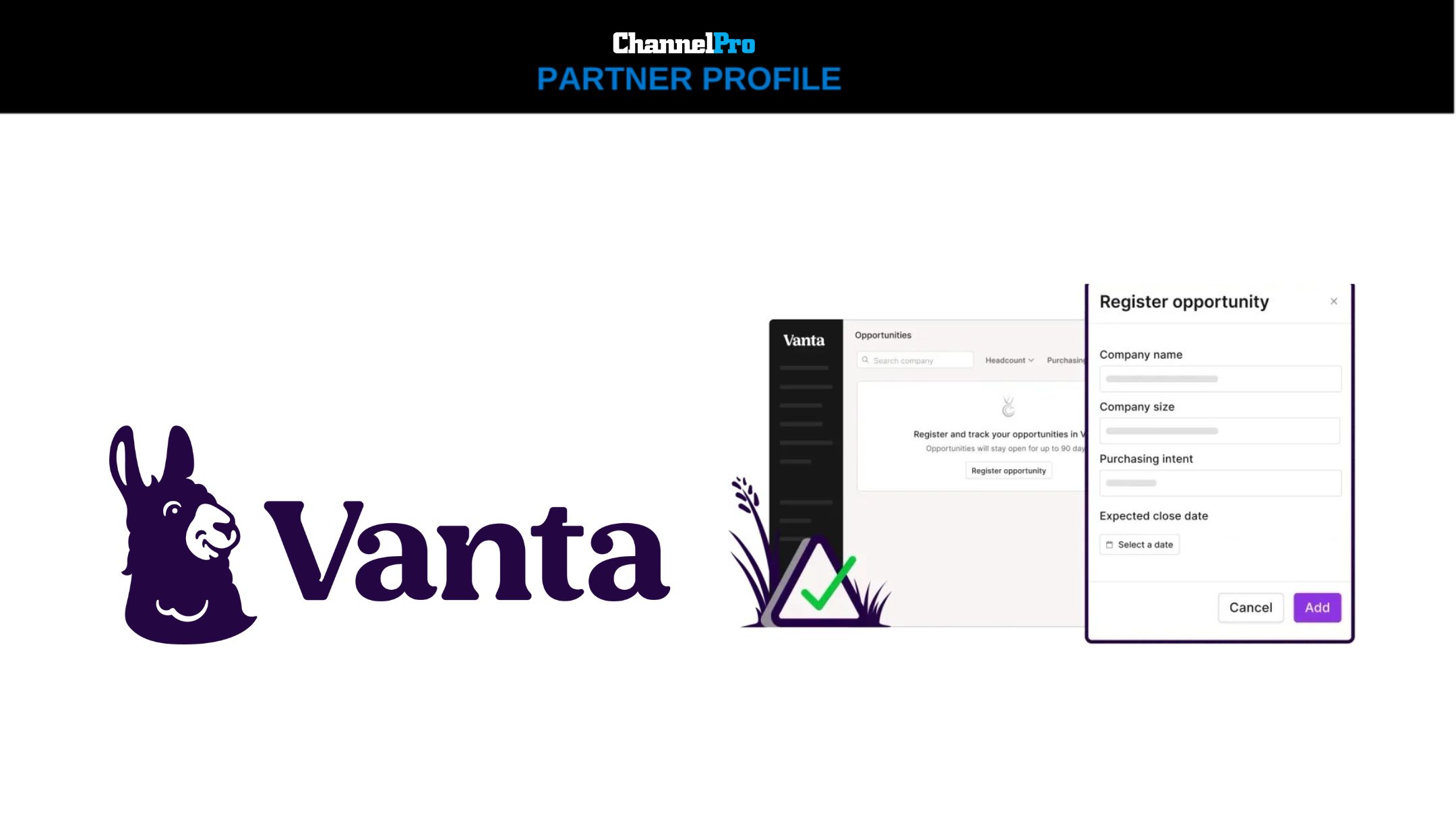MSPs, LIKE OTHER BUSINESSES, have embraced the remote working phenomenon of the last two years. Distributed workforces make it possible for channel pros to expand geographically and service customers in locations that may not have been possible previously. But before diving into hiring across state lines, there are legal and logistical factors to weigh alongside the benefits.
While the pandemic may have been the “triggering event,” says Bradley Gross, a Weston, Fla.-based attorney who specializes in business technology law, there are other reasons the channel is hiring remote employees, perhaps the most appealing being cost.
“Locating a qualified worker, moving into that location, acquiring office space for that person, insuring that person in that location, and then building up a reputation in that location—all of these things cost money,” Gross notes. “If you can move into an existing location with workers already there, and known to be quality workers offering good services, and you can utilize or leverage those workers, that’s a major cost saving.”

Bradley Gross
Other benefits may include cheaper wages, better employee work-life balance, higher productivity, and a more diverse workforce.
Be aware, however, that insurance and workers’ compensation requirements vary from state to state. There are also payroll differences and associated complications. As an employer, you need to know which state your employees are working in at all times and be aware of the relevant tax obligations.
“You have to survey the employment law of a worker’s state to see how well it matches [yours],” says MSP lawyer Thomas Fafinski of Minneapolis-based Virtus Law. “You’ll probably have to have your policy and procedures manual reviewed to make sure it’s compliant with that. Plus, you have an obligation by the state [the employee resides in] to affirmatively inquire as to where employees are working when it’s remote.” Fafinski notes that this becomes especially relevant when an employee lives close to a state border and may cross state lines to work in a second home, for example, without realizing the compliance implications this may bring.
Gross and Fafinski agree that at the moment, most channel pros know little about the issues they can face with a geographically distributed workforce. A good starting point in addressing this is to seek legal guidance, especially about staff policies and procedures. In particular, adopting a procedure for remote hiring along with a remote working policy is advisable, Fafinski says. Also, be sure to have documentation in place with remote workers that covers every possible legal outcome should things not work out.
“Channel pros should think of the parade of horrible things, not just wonderful things, but horrible things that can happen, and make sure that their agreements align and address those situations,” Gross advises.
Image: iStock













